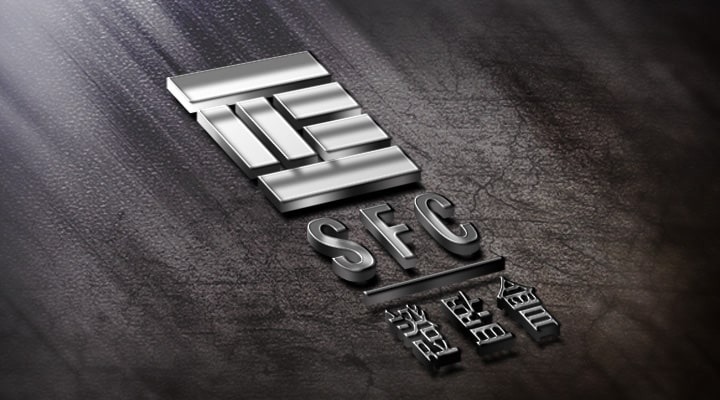The Securities and Futures Commission (SFC) of Hong Kong has banned a former executive of Standard Chartered Bank from re-entering the industry for three years.
According to the press release, the move was done following the criminal convictions of Lam and his mother, who were found guilty of conspiring to fraudulently obtain a quarterly incentive payment of HKD 4,250 from Standard Chartered bank between April and December 2017.
The bank had opened payroll accounts for five customers procured by Lam’s mother, who was a business development officer at SCB at the time. As part of her efforts to improve her son’s work performance at SCB, his mother transferred funds, ranging from HKD 80,000 to HKD 200,000, from her personal bank account to the five payroll accounts.
Afterwards, Lam reversed the transactions by transferring the same amounts back into his mother’s personal bank account without the customers’ knowledge or authorization.
After including Lam’s mother’s transfers into customers’ accounts in his performance assessment, SCB paid Lam an additional quarterly incentive of HKD 4,520 for his dishonest conduct. A criminal conviction prevents Lam from being licensed or registered to carry on regulated activities, according to the SFC.
Reprimand on CES Capital International
Recently, the SFC announced that it had reprimanded and fined CES Capital International Co., Limited (CESHK) HKD 3.2 million over its failure to discharge its duties as an investment manager of two funds between February 2015 and July 2017.
CESHK did not perform adequate due diligence and monitoring of the funds’ underlying investments and did not implement sufficient risk management measures to identify, quantify and manage the fund’s risks. A proper audit trail of the due diligence and monitoring allegedly conducted on the funds and their underlying investments was also not maintained by CESHK.
In practice, CESHK failed to manage and invest the funds’ assets and investments on a discretionary basis, as required by the SFC. It was instead up to the funds’ directors to decide when to invest.


















